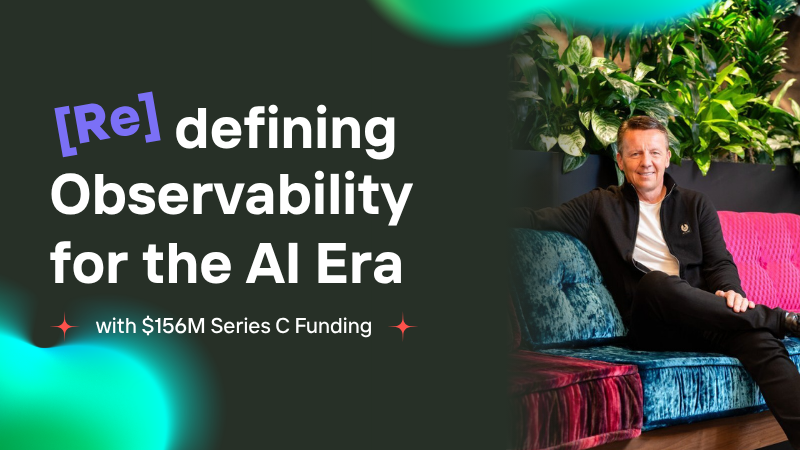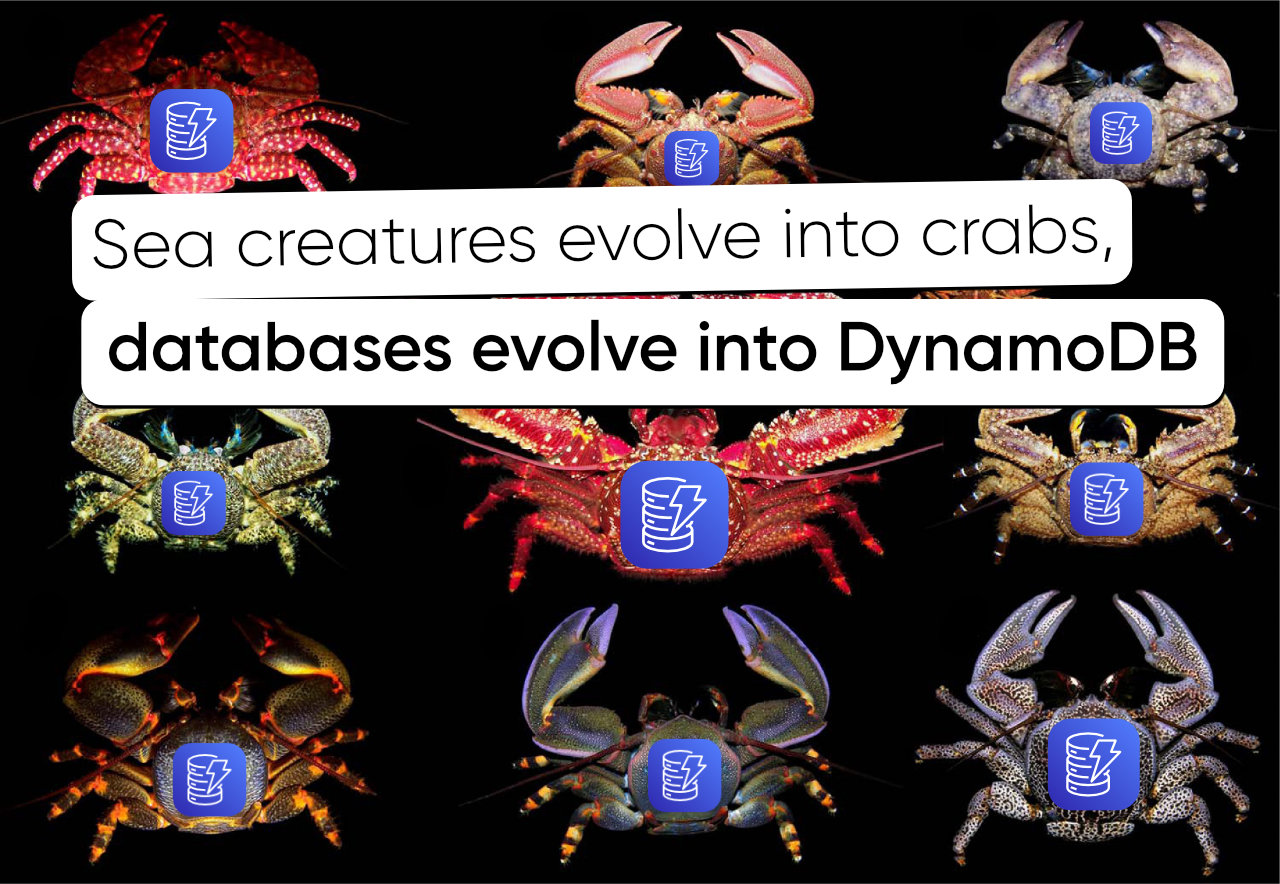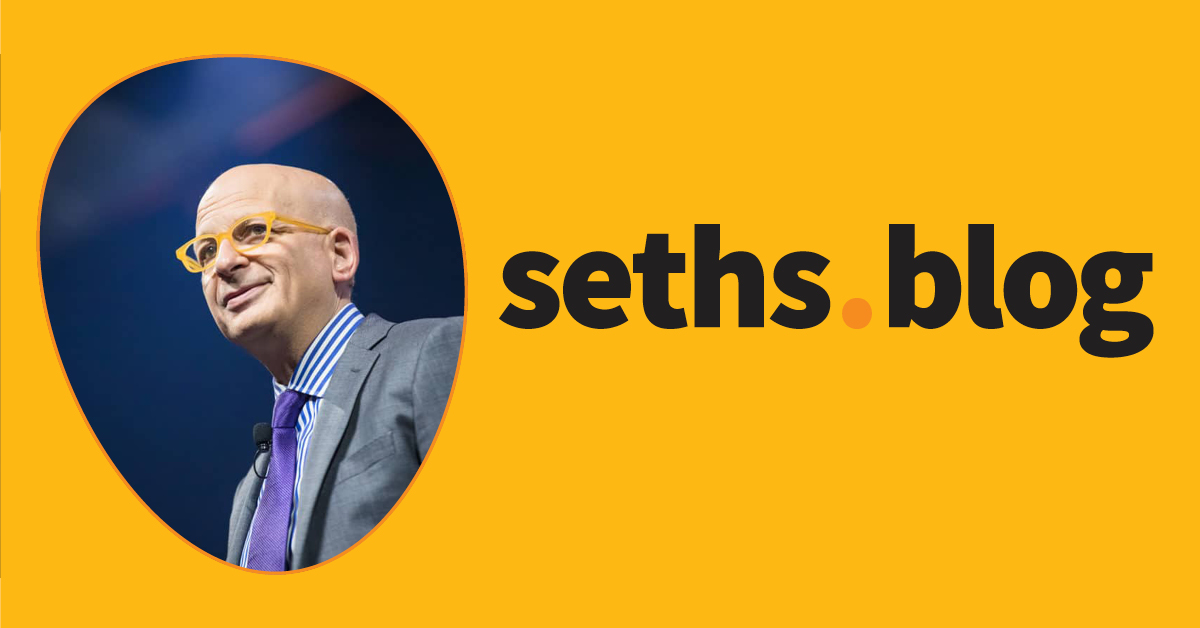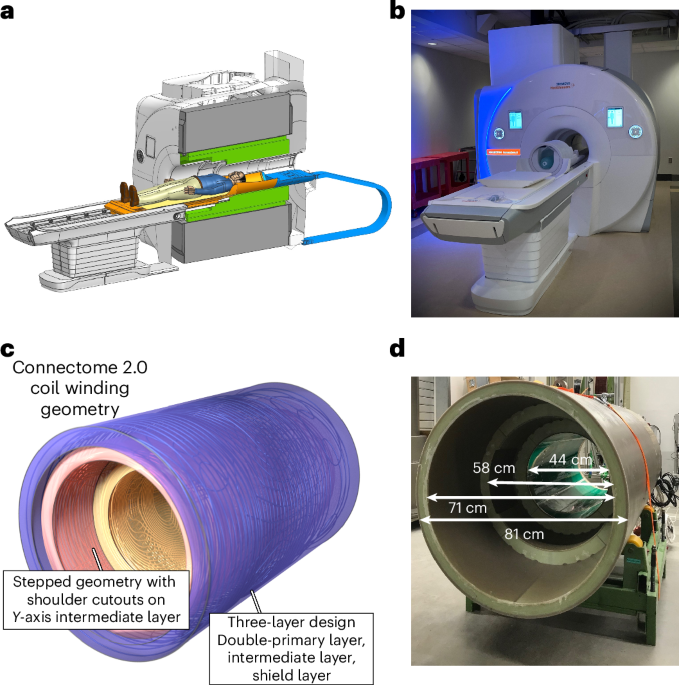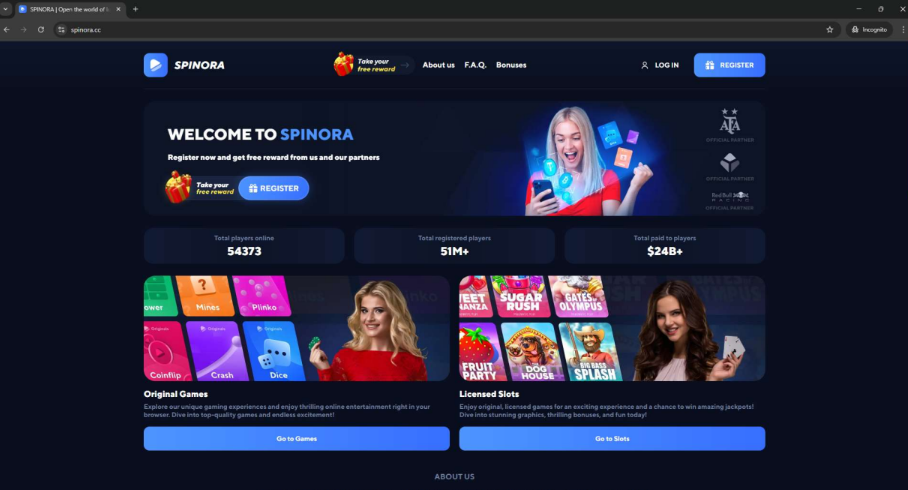
Uber CEO Dara Khosrowshahi pulled off a dramatic culture change that led to profitability. Here’s how it’s done
The following is an excerpt from Terence Mauri’s book The Upside of Disruption: The Path to Leading and Thriving in the Unknown.
Culture has a collective action problem: Culture is everyone’s and no one’s problem. What don’t we know about our organizational cultures, and why don’t we know it? Agnotology studies cultural or ethical blind spots, deceit, ignorance, and why knowing sometimes does not come to be or becomes invisible, which is central to our final story of unlearning. Uber is a ride-hailing firm with a market cap of more than $120 billion and around 23,000 employees worldwide. I remember the first time I requested an Uber ride on my app in 2011. I was in New York on my way to a meeting in Chelsea on 75 Ninth Avenue and stood on a street corner holding out my hand, hoping the iconic yellow cab would see me and stop. I suddenly realized that I had no dollar notes on me and that I would have to go to an ATM to get money to pay for the cab fare. And then it started raining. Uber changed everything with an ambitious mission to reimagine the future of mobility, logistics, and delivery services. First, it increased demand for the sharing economy, such as companies like Airbnb or DoorDash, Inc., as an alternative to traditional channels. It showed how competitive lines and customer behaviors are redefined and how quickly asset-light, tech-enabled strategies disrupt industries. Uber would become known as the number one disruptor of its time, but at what price?
The difficulty in finding a cab on a snowy night in Paris inspired the original idea for Uber, and following a beta launch in May 2010, the Uber mobile app launched publicly in San Francisco in 2011 to much fanfare. As Uber scaled at breakneck speed, a manager sent colleagues a message highlighting Silicon Valley’s rogue spirit of “move fast and break things”: “Embrace the chaos. It means you’re doing something meaningful.” Uber quickly became the poster child for unprofitable tech companies during record low-interest rates and more than $20 billion of funding from investors, including Softbank Group Corp., Benchmark Capital, and Microsoft co-founder Bill Gates. Uber’s culture, during its years of explosive growth, would constantly come under the spotlight with allegations of wasteful spending, bullying, and a toxic “bro culture.” By 2019, “the embrace the chaos” mantra of playing loose with the rules had resulted in an operating loss of $8.5 billion (£6.8 billion) on revenue of just $14.1 billion and a series of whistleblower scandals and regulatory investigations that led to a change at the top.

